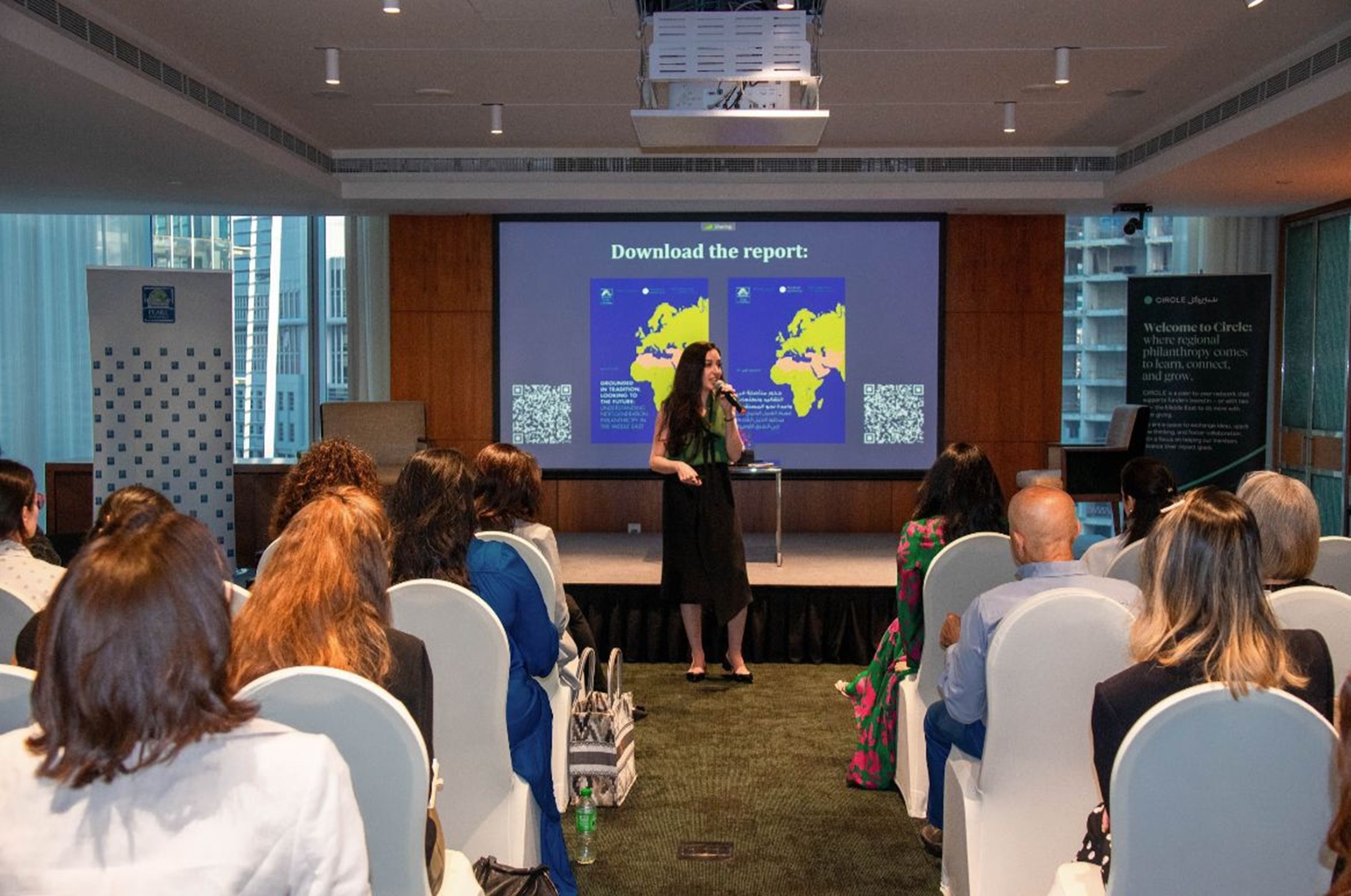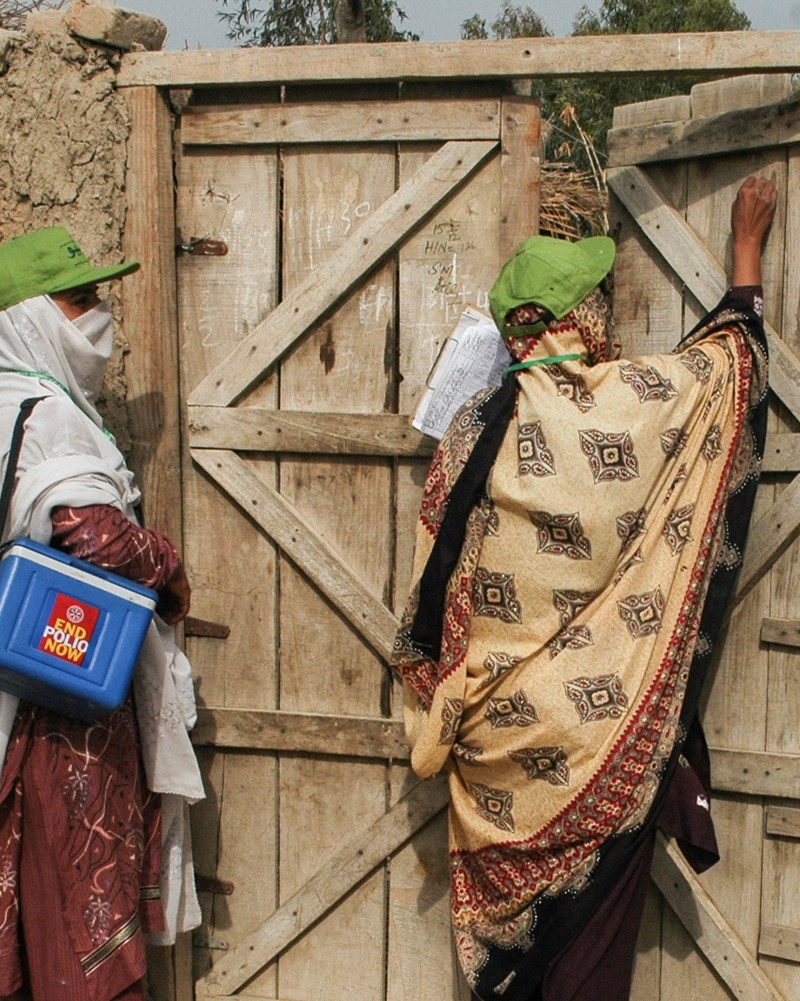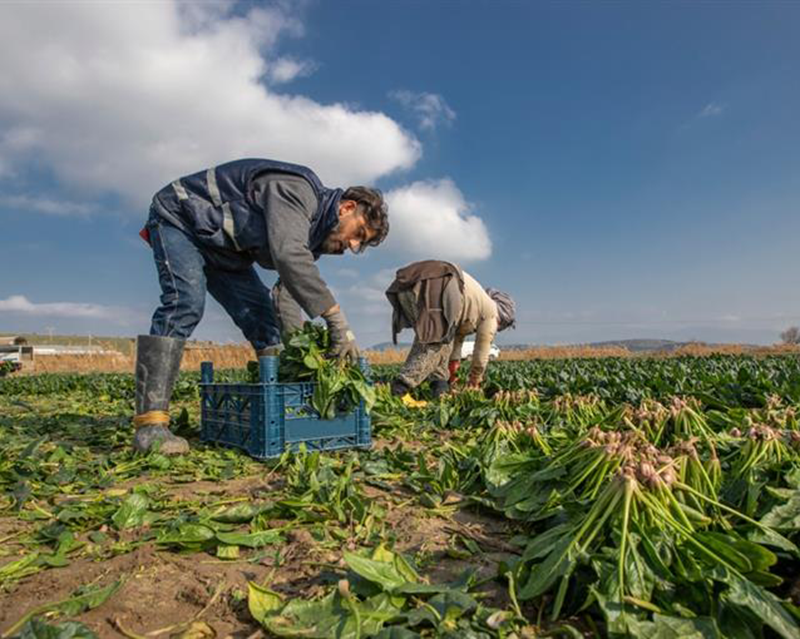Next-generation philanthropists in the Middle East are choosing to donate as individuals outside of their family structures, according to new research on regional giving. “Grounded in tradition, looking to the future”, is a first-of-its-kind data report produced by the Zovighian Partnership (ZP), a Lebanon-based regional research and social investment platform, in partnership with the UAE’s Pearl Initiative.
The study, which was supported by the Bill & Melinda Gates Foundation, used quantitative methods to survey 83 next-generation philanthropists from across the MENA region about their giving motivations, challenges, and priorities.
“We were trying to address the gaps that exist in the Middle East - and frankly also around the world - when it comes to next generation philanthropy data,” explained ZP’s co-founder Lynn Zovighian, at an event held in Dubai to launch the research.
“We needed to understand what are the giving priorities, what are the challenges, and what are the obstacles getting in the way,” she said.
Of those questioned, 80 percent said they were engaging in their philanthropy personally and individually – challenging the long-held assumption that Arab region philanthropy in the region is driven mainly by family foundations and family offices.
“Many of our community members want to give the way they've always given and the way their families have given. But almost 50 percent are seeking out less traditional methods,” Zovighian noted. “This is something that we would love to deep dive into a lot more with a qualitative analysis.”






